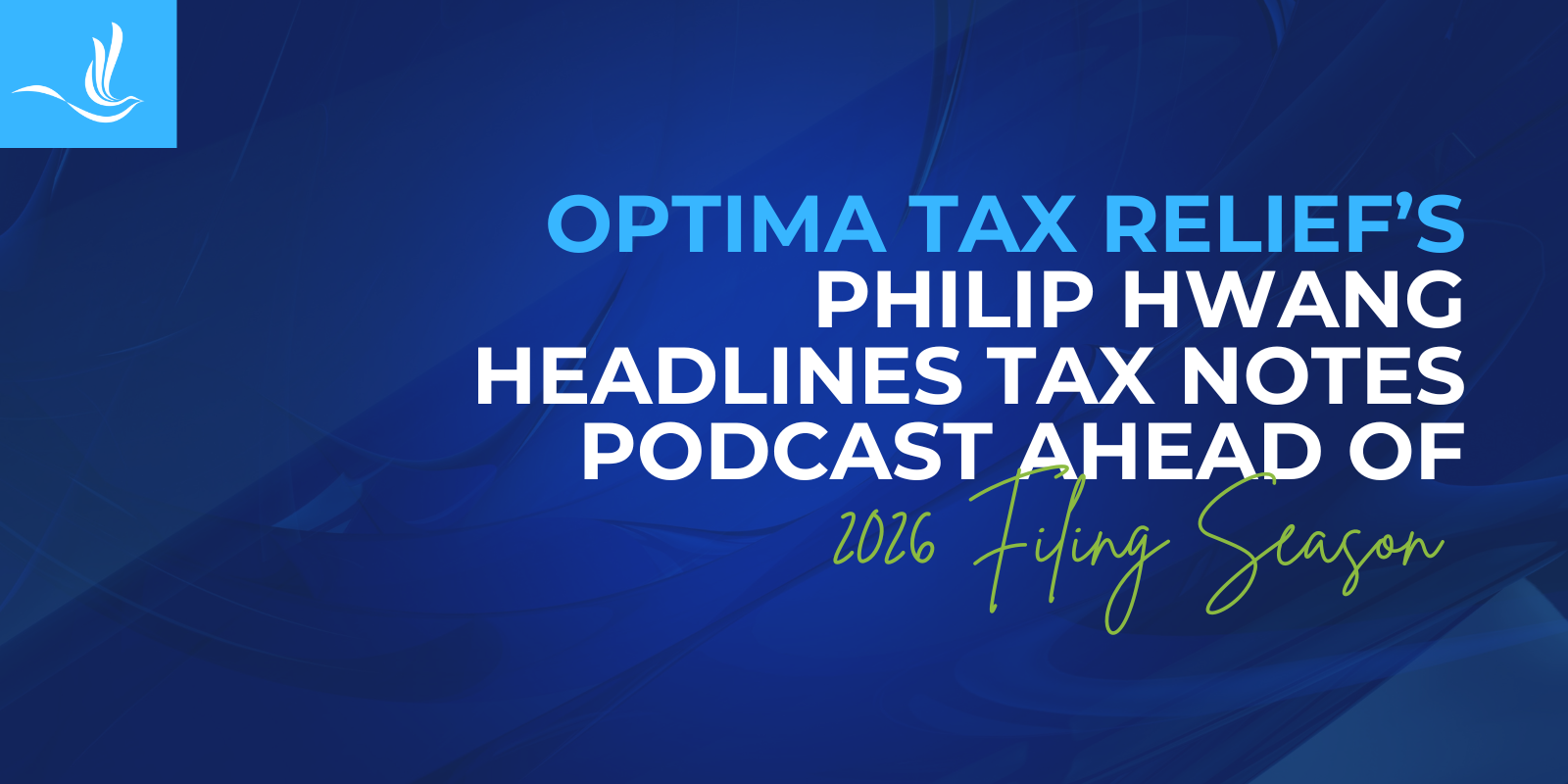The Trump administration’s tariff regime is under legal scrutiny this fall. The US Supreme Court is expected to rule on the legality of the administration’s invocation of the International Emergency Economic Powers Act of 1977 (IEEPA) to impose tariffs on imported goods worldwide.
The administration argues that if the IEEPA tariffs are struck down, the resulting refunds and lost revenue from the IEEPA tariffs would “lead to financial ruin,” and threaten Social Security and Medicare. The truth is that the IEEPA tariffTariffs are taxes imposed by one country on goods imported from another country. Tariffs are trade barriers that raise prices, reduce available quantities of goods and services for US businesses and consumers, and create an economic burden on foreign exporters. revenue does not substantially alter the federal government’s dire fiscal trajectory over the next 10 years or over the longer term.
To be sure, if the IEEPA tariffs are struck down, they will have a negative fiscal impact. We estimate the IEEPA tariffs will raise about $2.0 trillion on a conventional basis if they remain in effect over 2025-2035. However, that revenue must be put in the context of the broader US fiscal situation and incorporate the negative economic impacts of the tariffs on federal revenue.
We estimate the IEEPA tariffs will reduce the long-run size of the US economy by about 0.7 percent, reducing income and payroll taxA payroll tax is a tax paid on the wages and salaries of employees to finance social insurance programs like Social Security, Medicare, and unemployment insurance. Payroll taxes are social insurance taxes that comprise 24.8 percent of combined federal, state, and local government revenue, the second largest source of that combined tax revenue. collection. Incorporating this effect, the IEEPA tariffs would only raise $1.2 trillion from 2025-2035. These estimates do not include the revenue impact of tariffs levied as part of Section 232 investigations.
As of January 2025, the Congressional Budget Office (CBO) projected the US would raise about $73.5 trillion in revenue over 2025-2035, which TaxA tax is a mandatory payment or charge collected by local, state, and national governments from individuals or businesses to cover the costs of general government services, goods, and activities. Foundation’s estimates to about $70.2 trillion after the passage of the One Big Beautiful Bill Act (OBBBA) in July. If the IEEPA tariff revenue is collected, this amount rises to $71.4 trillion over 2025-2035, or about a 1.7 percent increase in federal revenue over that period (see Figure 1).
If IEEPA tariffs are struck down, the lower revenue path would mechanically increase long-term federal deficits and debt, but the trajectory trends unsustainably upward if the tariffs remain too. In 2035, the dynamic federal debt-to-GDP ratio (only considering debt held by the public) would rise from a projected baseline of 118.5 percent (the CBO’s estimate as of January 2025) to 126.6 percent after the OBBBA passed and would only fall to 124.1 percent if the IEEPA tariff revenue is fully collected over 2025-2035 (see Table 2).
In any case, publicly held debt is set to rise to a higher share of GDP than ever recorded over the next few years, surpassing the all-time high of 106 percent in 2029 under the CBO baseline or 2028 after accounting for OBBBA and IEEPA revenue.
In 30 years, the federal debt-to-GDP ratio will rise from 152.1 percent calculated to 171.5 percent post-OBBBA. This projection falls to 164.1 percent if IEEPA tariff revenue is fully collected from 2025 to 2054, a reduction of less than 7.5 percentage points of debt to GDP.
The US fiscal trajectory is on an unsustainable path over the next 35 years, regardless of whether the IEEPA tariffs are struck down or maintained. The possible “financial ruin” and entitlement insolvency that the administration references is driven by the large and growing structural gap between projected entitlement spending and federal revenue overall, which dwarfs the revenue lost by striking the IEEPA tariffs down.
Stay informed on the tax policies impacting you.
Subscribe to get insights from our trusted experts delivered straight to your inbox.
Subscribe
Share this article


























